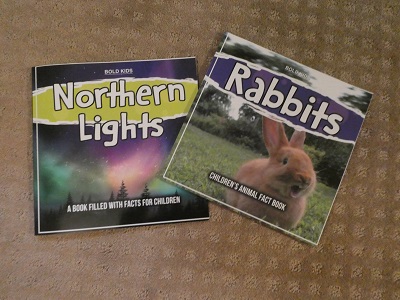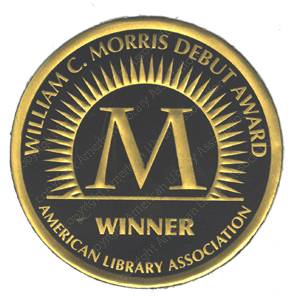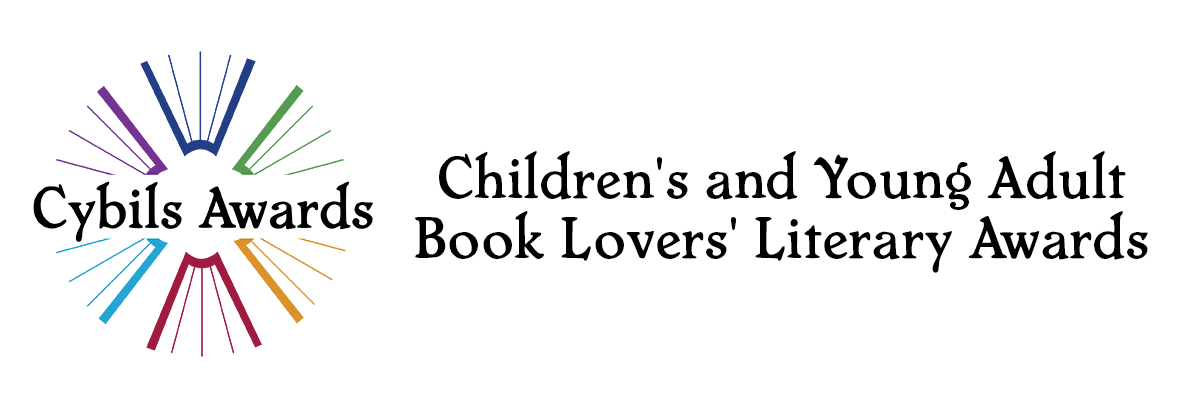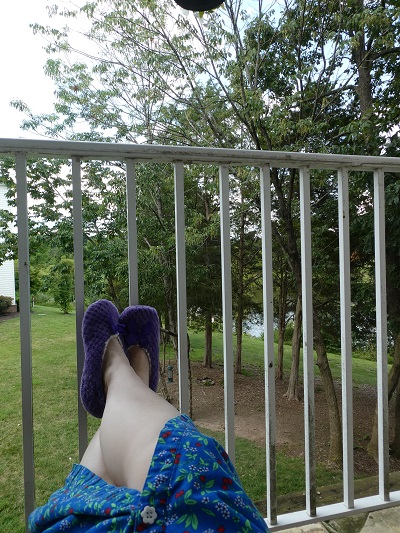
For a year now, I’ve had my dream job – selecting children’s and young adult books for a large public library system with 22 branches.
I think I do a good job balancing critical reviews with popularity and patron requests and the need for a broad collection.
One day, someone requested that we get more books for kids about pets that weren’t only about dogs and cats. That’s something we can always use, but there’s not a lot published. So I looked in our vendor database.
Some titles we already had. Some were quite a few years old. Many were not in stock with our vendor. But I found some books that looked promising.
One book I ordered was called Rabbits: Children’s Animal Fact Book, by publisher Bold Kids. It didn’t have any reviews, and it was only available in paperback. But paperback meant it wasn’t too expensive, and a fact book about rabbits was what I needed, after all. How bad could it be? I put it on my order.
I completely forgot about it. Sometimes when I order short nonfiction books, I’m not sure if it belongs with the children’s nonfiction or with the picture books, and then I put a note on the book – Show to Sondy – to figure out where it belongs when I have the book in front of me. But this book was clearly nonfiction, so it could make it to the library shelves with no more input from me.
A few weeks later, I got a somewhat incoherent note from a cataloger about this book. While I was looking over the record and trying to form an answer, she came to my cubicle almost speechless and showed me this book, along with another: Northern Lights: A Book Filled with Facts for Children, also by Bold Kids.
Reader, when I looked at those books, I was filled with deep shame for having selected them. But wait! I discovered that one of our other selectors had ordered the Northern Lights book, so I felt a lot better that I wasn’t the only one who fell for them.
Let me explain.
The book starts out extremely repetitive and very poorly worded. There’s no logical progression between sentences, and some sentences repeat on later pages, except often with contradictory information or in a slightly different form. It’s got stock photo images and clip art text pages.
Here’s the page that first convinced me we couldn’t put these books on library shelves:
A rabbit has a male and female counterpart. A male rabbit is called a buck. The two types of rabbits have different characteristics. A doe is a baby rabbit, while a buck is a mother. All types of rabbits live underground, except for the cottontail, and their habitats are often called warrens.
Later, I read on. One spread has the same exact text on two facing pages. But the place where it got so bad it’s hilarious was the final spread:
If you’ve ever had the pleasure of feeding a rabbit, you’ve probably wondered how they reproduce. The answer is simple: they live in the wild! Despite being cute and cutesy, rabbits are also very smart.
They can even make their own clothes, and they can even walk around. And they’re not only adorable, but they’re also very useful to us as pets and can help you out with gardening.

[Don’t you wonder how animals reproduce when you feed them? And now you know how to improve your garden – just get a rabbit to help you! I’m thinking they put public domain Beatrix Potter books into the A.I.?]
Northern Lights was equally bad, though not quite as laugh-out-loud funny. Except maybe the spread that says twice that Northern Lights can be seen in Florida. Or the part that says you can hear the sounds they make. “The sound of the lights is like a rainbow.”
I wasn’t completely convinced that Artificial Intelligence would do such a bad job of “writing” a children’s book. But I tweeted about this book. The outstanding author of math books for children, Christopher Danielson, responded. We had a very amusing conversation about it, and he asked Chat GPT to write a couple of children’s books. The quality was very similar to these, so now I’m convinced.
But when I looked at our vendor’s website, Bold Kids has more than 500 children’s nonfiction titles. With one notable title being Sheeps: Children’s Book Filled With Facts (full credit to Christopher Danielson for spotting that one). What should have been a giveaway is that they are non-returnable, which is code for Print-on-Demand. So this “publisher” isn’t really investing money into making the books, just had AI produce the texts and didn’t check. They get printed when someone purchases one.
Let me note that while our vendor Ingram carries more than 500 of the Bold Kids titles, as does our ebook platform Overdrive, another vendor Baker & Taylor doesn’t carry any of them. (Good for them!) But Amazon carries them, as do many other websites selling books to the general public. So this is a general warning to beware.
Of course, this means that in the future I won’t purchase any more books from Bold Kids. But I also am going to be more wary than ever of books that don’t have professional reviews. I was already leery of self-published books, and this example has not helped at all. A friend who’s a writer told me that many publishers and agents are closing submissions because of a flood of AI-generated manuscripts.
And another problem is that partly these are bad because they were trained on what’s out there on the internet. (I assume.) Published authors are wise to be wary of publishers wanting to train AI on their writing.
In the meantime, I offer my experience as a cautionary tale for your amusement. Artificial Intelligence is not yet capable of writing good children’s books, anyway.
Oh, and one final note. I was trying to decide what category to file this post under, and I decided it’s time for a new one, which I’ll call Selection Adventures. I thought it could cover things from my Selector job — but also my experiences on various award selection committees. When I was on the Newbery Selection Committee, I posted about the experience. But I’m currently on the Morris Award Committee to find the best Young Adult Debut book of 2023, and the Mathical Book Prize selection committee, and a CYBILS Award category chair, and a member of Capitol Choices — and I should write up some posts about them. (Award selection is so much fun!) So that’s the new category, and I’m hoping to add to it in the future.







